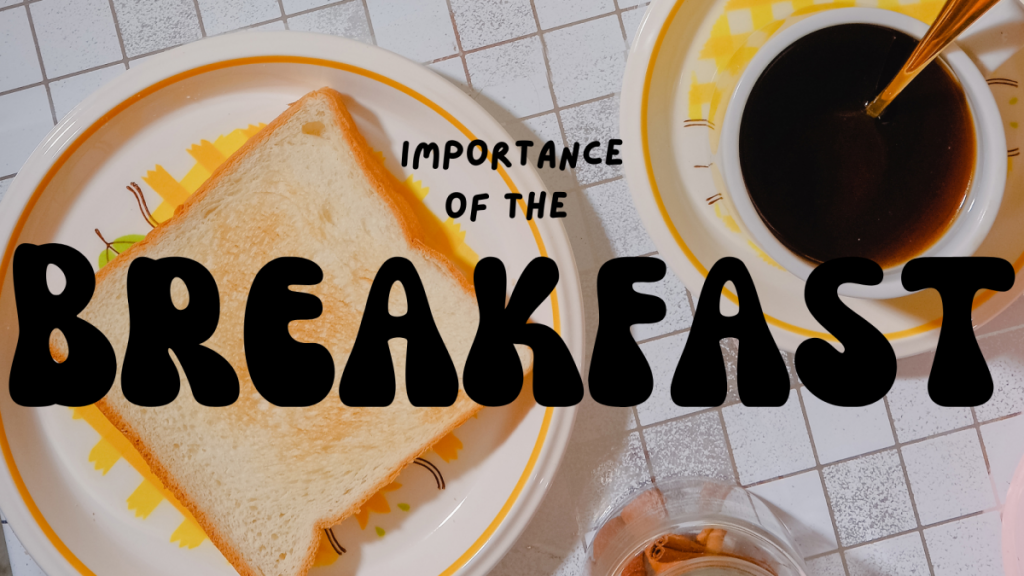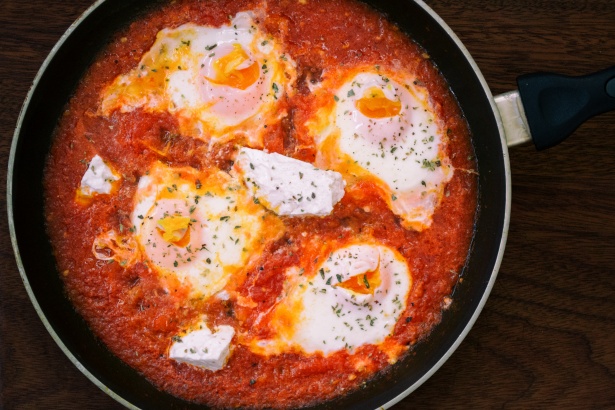
A familiar situation for every student: every day from Monday to Friday, your time in a soft, warm and comfortable bed is interrupted by the hateful ringing of an alarm clock. Well, what a mess? And now, instead of enjoying the magic of morning silence, you are already running as fast as you can up the stairs, pulling on a T-shirt and mentally cursing the people who set such a schedule for school children. Under these conditions, the last thing on your mind in the morning is breakfast.
But is breakfast really not important? What are the benefits of a morning meal? What should you eat for breakfast? And what do Penn High students think about breakfast? We will cover all of those topics in today’s article.
There is still debate in the scientific community about the importance of breakfast. As it turned out, not the entire scientific world is unanimously inclined towards the idea of the unconditional benefits of breakfast and its special need. For example, Aaron Carroll, a professor of pediatrics from Indiana, for most of his life does not eat in the morning and is quite pleased with his well-being. But nevertheless, a huge number of observational studies (observation without intervention) have shown that breakfast brings a lot of benefits.
Of course, there are a few rules here, but this morning meal stabilizes glucose levels, helps maintain energy, improves mood, and reduces cravings for snacking.
What’s more, regular breakfast consumption can benefit your mental health. A 2020 study published in the journal Psychological Medicine found that people who skipped or delayed breakfast were more likely to develop mood disorders.
Another food service study found a strong link between breakfast and improved mental health in adults, while a 716-person psychiatry study in Japan found that frequent breakfast skipping significantly increased the likelihood of depression in teens.
But a strict breakfast diet not only benefits your mental health, it can also improve physical health as well as resilience.
A study published in the Journal of the American College of Cardiology found that people who don’t eat breakfast are 87% more likely to die from cardiovascular disease or stroke than those who do.
A 2021 study published in the Proceedings of the Nutrition Society found that people who skip breakfast are more likely to miss out on important nutrients in their daily lives, namely calcium, vitamins C and D, and iron.
In other words, breakfast foods tend to contain important nutrients that we don’t always get from regular lunch and dinner foods.
In addition, after a long sleep, blood sugar levels drop significantly. It is necessary to replenish the supply of carbohydrates as early as possible, otherwise it may adversely affect intellectual activity and ruin the whole day. Lack of regular breakfast causes children to have problems with shifting attention, short-term memory and decision making. A teenager may behave sluggishly and have difficulty learning.
Now it becomes a little more clear why you should include breakfast in your morning schedule. But what is the healthiest thing to eat in the morning?
The key to a healthy breakfast is balance. A healthy breakfast should contain slow carbohydrates, proteins, healthy fats and fiber (vegetables or fruits).
Our team has selected several healthy and tasty dishes for you that will definitely cheer you up even on the rainiest morning.

Breakfast #1: Oatmeal pancake
Oatmeal is one of the honorary leaders in the healthy breakfast category. It serves as a full-fledged replacement for the already pretty boring oatmeal, while being more nutritious and tasty.
Oatmeal contains vegetable fibers necessary for the body, which give a feeling of satiety for the whole day. Oatmeal is rich in vitamins such as A, B and E, which contribute to the improvement of the quality of skin, hair and nails. It also contains a lot of minerals, fiber, folic and ascorbic acids, which are so necessary for both adults and children.

Breakfast #2: Shakshuka
Shakshuka is an Israeli dish, although according to one version it comes from Tunisia. Why is this dish up in this list?
The eggs that are part of the dish are a source of protein that is easily digested almost completely, they are rich in vitamins such as A, E, D, B 12, calcium, phosphorus, selenium, they also contain choline, which our nervous system needs to work better.
Tomatoes contain potassium, magnesium, folic acid, and lycopene necessary for the proper functioning of the cardiovascular system and reducing the risk of cancer.
Stewed onions and peppers also contain lycopene, which performs an antioxidant function, and soft fiber, which has a beneficial effect on the gastrointestinal tract.
This dish is a simple and healthy alternative to regular scrambled eggs.

Breakfast #3: Syrniki
Syrniki is a wonderful and popular dish from the national cuisine of the Eastern Slavs. Nutritionists agree that syrniki have the right balance of flavor and health benefits, making them the perfect option for your breakfast. The only contraindication to enjoying syrniki is an allergy to lactose.
Usually syrniki include cottage cheese, eggs and flour. Cakes are formed from the resulting dough, which are later fried in a pan for some time.
Due to the casein contained in the cottage cheese cheesecakes provide a feeling of satiety for a long time. Other benefits of this breakfast option are: improving the microflora of the gastrointestinal tract and stimulating the secretion of gastric juice.
Moreover, the dish contains vitamins of groups E and B, which will ensure the health of your heart.
Now, when you have a short breakfast menu we can take a look at what Penn High School students think about breakfast.
Matthias Gouod, who doesn’t eat breakfast, shared his idea about breakfast: “I think it is important, but only if you have enough time.”
One more student, Lily Smith told our correspondent “Yes, I like eating breakfast just because it keeps my mind in a good mindset for the rest of the day, helps me to keep thinking and keeps my body going”.
Summing up, breakfast is a really important part of the day. Eat breakfast and Go Penn!

